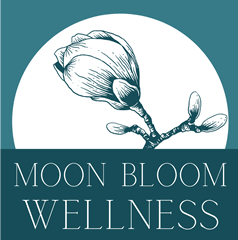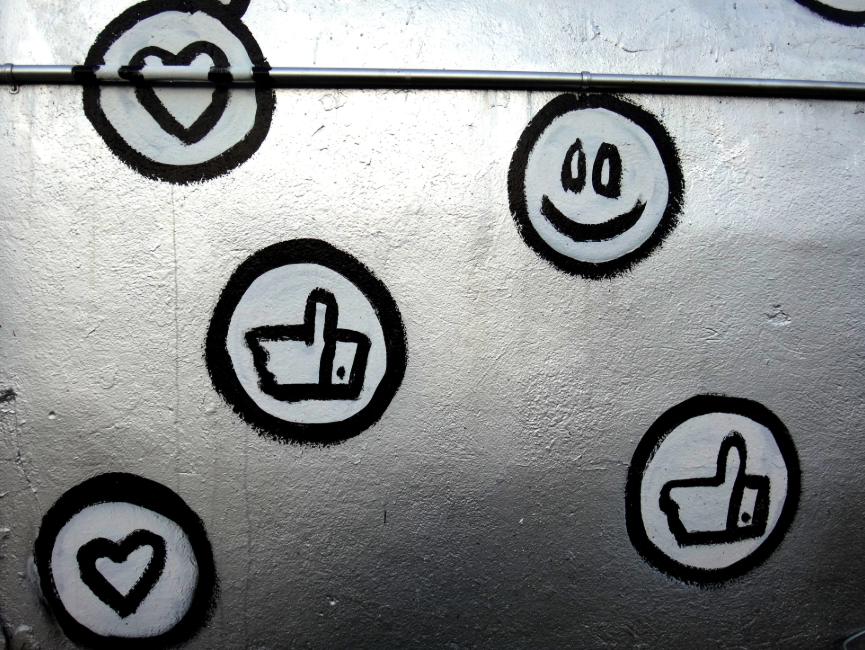Most of us use social media. It helps us to stay in touch with friends, share content about our lives, stay informed of recent events, network, and so on. These reasons seem pretty harmless, and with approximately 70% of Americans connected to social media1, it must not be too bad, right?
How does social media affect adolescents and young adults?
Not necessarily. The University of Pittsburgh conducted a study that revealed a correlation between negative body image and the time spent on social media. Participants who spent more time scrolling reported body image and eating concerns 2.2 times more than participants who spent less time on social media. 2 Another study from the University of Pittsburgh indicated that young adults who spend more time on social media reported more sleeping problems and issues with depression.3
At the UCLA Brain Mapping Center, teens ranging from 13 – 18 experienced increased activity in the reward center of their brain from receiving high numbers of likes on photos. It’s probably not news, but we like being liked. Also, teens are more inclined to like a post based on the number of likes it has, regardless of the content of the post, so social media can promote herd mentality among youth.4
There may be benefits for adults
While social media use seems to pose a risk to teens and young adults, that may not be the case for adults. A study done by Michigan State University indicates that regularly using social media as an adult might reduce the risk of serious psychological issues. Dr. Keith Hampton, a professor of media information at Michigan State University, believes that social media platforms and other communication technologies benefit us by making it easier to access health information and maintain relationships.5
What can you do if you feel like social media is having a negative impact on you?
-Cut back on the amount of time you spend on social media
-Be aware of the type of content you are consuming
-Create a more intentional experience by using social media to connect with others rather than compete with others
-Get help by talking with a licensed mental health professional
References
1. https://www.pewresearch.org/fact-tank/2019/04/10/share-of-u-s-adults-using-social-media-including-facebook-is-mostly-unchanged-since-2018/
2. Sidani, J., et al, “The Association between Social Media Use and Eating Concerns among US Young Adults,” Journal of the Academy of Nutrition and Dietetics, September (2016), Volume 116, Issue 9: Pages 1465–1472.
3. Levenson, JC, et al, “Social Media Use Before Bed and Sleep Disturbance Among Young Adults in the United States: A Nationally Representative Study,” Sleep, 2017 Sep 1;40(9).
4. Sherman, Lauren, et al, “The Power of the Like in Adolescence: Effects of Peer Influence on Neural and Behavioral Responses to Social Media,” Psychological Science, May (2016), Vol 27, Issue 7.
5. https://psychcentral.com/news/2019/06/29/social-media-may-improve-mental-health-for-adults/148223.html
6. https://www.psycom.net/social-media-teen-mental-health

